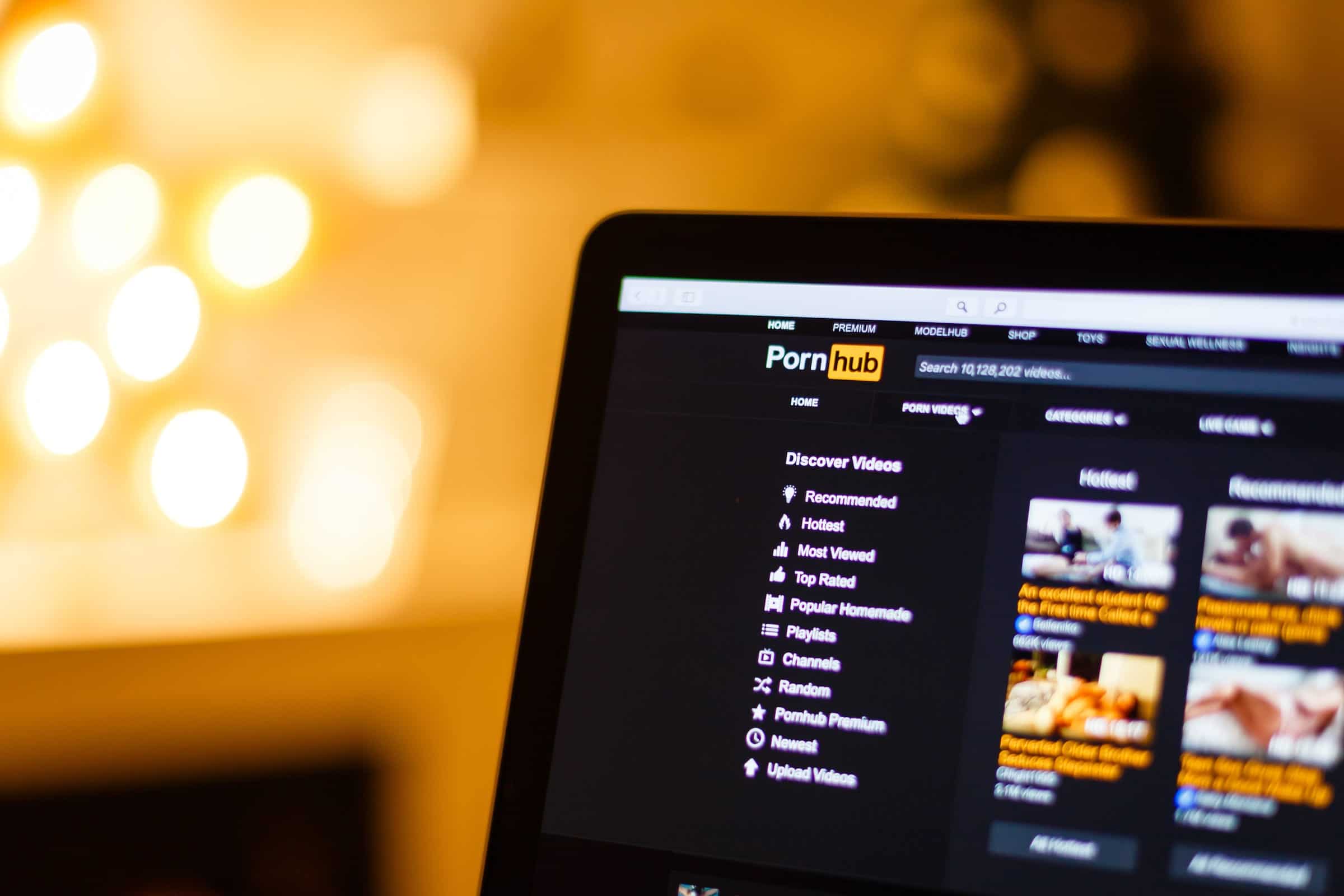Working from home was hailed by many as the gateway to a real work-life balance. From saving time on the commute to being able to relax in the comfort of your home, the shift offered office workers everywhere a relief from office life. It also gave them the freedom to do, well, whatever they wanted.
Now, with workers returning to the office, a survey by London’s leading IT support company Totality Services sought to find out what people are really using their work devices for. Shockingly, an estimated 3 Million Brits use their employer-supplied device to watch porn.
Didn’t think it could get much worse? Around a third of those who watch pornography on their work device (1 Million Brits) do so for 2-4 hours of their workday — and a further 20% admitted to watching adult content for 4-8 hours in a day. More men (5.3%) than women (3.7%) were also likely to use their work devices to watch porn.
A wider trend appears to be emerging amongst the nation, as according to a yearly survey conducted by popular website PornHub, in 2021, the UK contributed the second-highest daily traffic to the website, behind only the United States. Based on Totality Service’s findings it’s amazing much work is actually being done at all.
The survey of 2,000 Brits found that a similar number (5%) of homeworkers also admitted to gambling on the job, with three-quarters (75%) gambling for up to four hours a day, which is alarming considering 4% of the population are gambling at at-risk levels, and 7% are affected negatively by other people’s gambling.
These are the TOP TEN activities Brits use their work devices for that they shouldn’t be:
- Browsing social media 17%
- Instant messaging friends 15%
- Online shopping 11%
- Browsing online media 11%
- Doing kids’ homework 10%
- Streaming TV/Film 10%
- Gaming 8%
- Gambling (placing bets, playing the lottery or bingo) 5%
- Watching porn 5%
- Keeping kids entertained 4%
Working from home is coming to an end, and with it, so will many people’s newly acquired habits. That being said, old habits die hard, and you’ll need to make sure you’re on your best behaviour when you’re back in the office.
To make the transition as smooth as possible, Totality Services Co-Founder, Luis Navarro, has shared some top tips on how to avoid a potentially sticky situation:
- Always assume your admin is watching your every move: Big Brother is well and truly alive (kind of). Many companies run extremely efficient security software programmes like Sophos, which tracks pretty much every single thing you do on your company device or machine.
- Don’t try and outsmart the software that’s been put in place: Hypothetically, it’s always possible to try and get around any existing security programmes, but this is time consuming and any decent tracking software will almost certainly alert the admin immediately.
- Surfing anonymously is not a fail-safe: Popular attempts to keep usage private include “Ctrl-Shift-N” to open incognito surfing mode, or using a VPN (virtual private network). However, whilst these options stop your immediate history from being captured, they won’t stop your IP address from being tracked – and therefore your usage.
- Surfing the web for porn on a work device may be a sackable offence: For anyone still thinking about using their work device for adult content when going back to office work, they may want to think again. In most offices, the viewing of pornographic material is usually listed as an example of internet abuse.
Luis Navarro, Co-founder, Totality Services, said: “Like most things – if people are willing to try it, there is often a way to get around security protocols if you have that knowledge.
However, for diligent companies, it’s about making sure those basic security protocols are in place, so you’re doing your utmost to prevent them from happening in the first place.
He continued: “Employees can always try and login into a VPN server to disguise their browsing, but a lot of these software programmes usually block this type of behaviour, and it will create a log on the admin side of the platform, so if you did happen to try and access something inappropriate, that is going to be logged and flagged somewhere.”
